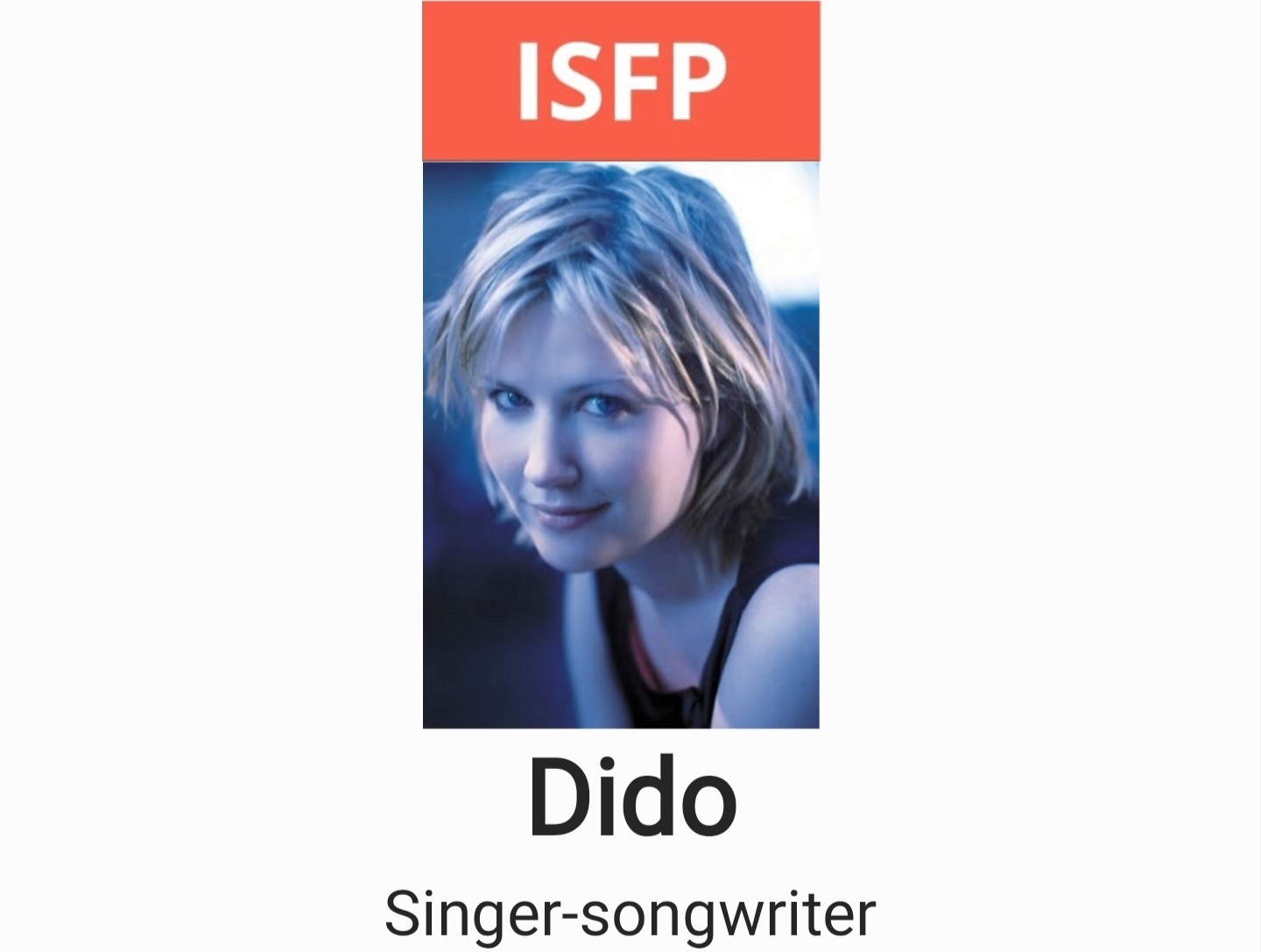Fictional ENTP traits: Fictional ENTPs tend to exhibit a cynical and often abrasive exterior, frequently employing wit and intellect to navigate a complex or flawed world. They may struggle with conventional morality or social norms, operating by their own code or a perceived higher understanding. This group generally embodies a cynical and highly intelligent demeanor, often questioning authority and societal norms. They possess sharp wit and a tendency towards unconventional problem-solving, frequently operating outside established rules. There's a underlying current of detachment, sometimes masking deeper vulnerabilities or a sense of disillusionment.
Fictional ENTJ traits: A driving ambition and a ruthless pursuit of power or a specific goal generally characterize ENTJs in fiction. They are often willing to make significant sacrifices, including those of others, to achieve their objectives, demonstrating a formidable and often intimidating presence. The individuals in this group are largely driven by ambition and a desire for control and power. They can be ruthless and calculating, often prioritizing their goals above the well-being of others. A strong will and a formidable presence are common threads, sometimes coupled with a sense of past grievance or a need for dominance.
Fictional INTJ traits: Fictional INTJs are often defined by their intense focus and intellectual prowess, sometimes to the exclusion of social or emotional considerations. Their pursuits can lead them down dark or morally ambiguous paths, driven by a deep-seated conviction or a perceived necessity. This group is characterized by intense focus, often bordering on obsession, particularly in the pursuit of knowledge, a specific goal, or a hidden agenda. They possess significant intellect and a capacity for complex planning, but their methods can be morally ambiguous or outright dark. There's a sense of being consumed by their internal world or overarching objectives.
Fictional INFP traits: A sense of displacement or a struggle with the norms of their environment is common within fictional INFPs. They may hold onto strong ideals or exhibit a vulnerability that sets them apart, sometimes leading to tragic or isolated circumstances. This group comprises individuals who often feel out of step with their surroundings or societal expectations. They may possess a deep sense of conviction that puts them at odds with the prevailing culture. There's a vulnerability and a potential for being easily overwhelmed or manipulated, yet they can also exhibit surprising resilience or a fierce adherence to their beliefs.
Fictional ESTJs: A diverse group, these individuals often possess strong convictions and can be quite assertive in their interactions. They may display a sense of a strong will that can come across as abrasive or uncompromising. While some may outwardly project confidence and control, others might grapple with internal turmoil or a struggle for dominance or acceptance. They can be driven by a clear set of beliefs, goal, rigid worldview and maintaining order, which can lead to conflict. While some exhibit a stern or controlling nature, others channel their intensity into fierce loyalty and a protective instinct towards those they care about.
Fictional ISTJs: A sense of reservedness, cautiousness, and a somewhat pragmatic approach to life are central to this group. They often value order, efficiency, and a degree of control over their environment or interactions. While they may not always openly display their emotions and appear on the surface stoic, formidable, or even detached, there is an underlying depth and a commitment to their responsibilities or personal codes, a strong sense of responsibility and a commitment to their values or those they protect. Knowledge and a no-nonsense attitude are frequently observed traits.
Fictional ISFJ traits: Reliability, steadfastness, and a quiet competence are key traits in fictional ISFJs. They are often supportive, loyal, and grounded individuals who provide a sense of stability and reason to those around them. They often possess a nurturing quality and prioritize the well-being of others. Their impact is often felt through their steadfast support and unwavering dedication.
Fictional ESTP traits: Fictional ESTPs shares a tendency towards being highly adaptable, resourceful, and often charismatic. They navigate their circumstances with a blend of bravado, charm, and sometimes questionable methods, frequently operating in shades of gray. This is a highly dynamic and varied group, generally characterized by a sense of charm, adaptability, and a willingness to bend or break rules to achieve their desires. They often possess a certain roguishness or a flair for the dramatic. While some are driven by self-interest, others may operate with a more fluid morality, capable of both questionable actions and surprising moments of loyalty or genuine affection. There's a common thread of navigating the world through wit, manipulation, or sheer force of personality.
Fictional ISTP traits: Fictional ISTPs are characterized by a often solitary nature. They are highly capable individuals who operate independently and often possess specialized skills, operating effectively in dangerous or challenging environments. There's a sense of self-possession and a tendency towards independence, sometimes bordering on aloofness. They are often formidable in their respective areas and tend to be resourceful and resilient.
Fictional ESFP traits: Fictional ESFPs is generally marked by an enthusiastic, often naive, and sometimes chaotic approach to life. They tend to be driven by immediate impulses, emotions, or a desire for connection and excitement, often bringing a lively energy to their surroundings. This group is marked by their enthusiastic, often impulsive, and sometimes naive approach to life. They are generally cheerful, friendly, and enjoy connecting with others. While they may not always be the most strategic or intellectual, their optimism and genuine desire for fun and connection often see them through various situations. There's a strong sense of loyalty to friends and a tendency to embrace life's experiences with open arms.
Fictional ISFP traits: This group gives off a more grounded and perhaps introspective aura. While they may have moments of strong emotion or action, there's an underlying sense of thoughtfulness and a connection to their values or surroundings. They might navigate the world with a blend of resilience and a touch of idealism, often showing a capacity for deep care and loyalty. They "live and let live" and tend to go with the flow, not seeking to impose themselves onto other people.
Explain the general personality each group without going to the specifics of each character but also know the characters traits like just don't put them in the text:
1
* Stéphane (The Science of Sleep)
* Jonathan Larson (tick tock boom)
* Anne Shirley
* Hu Tao (Genshin Impact)
* Nahida (Genshin Impact)
2
* SpongeBob
* Candace (genshin impact)
* Leslie Knope









